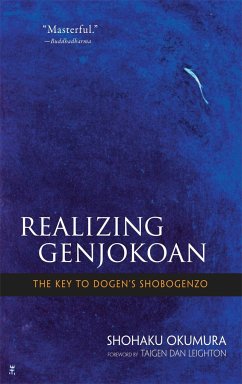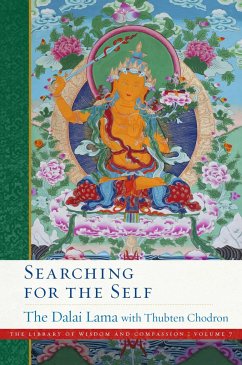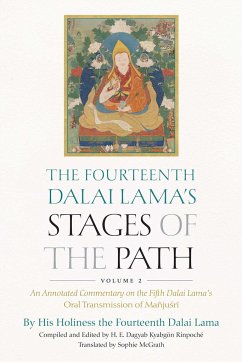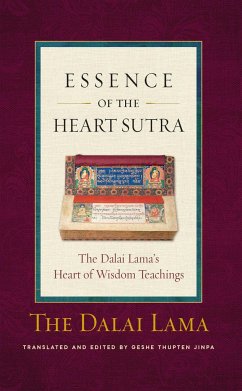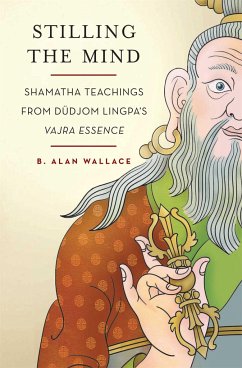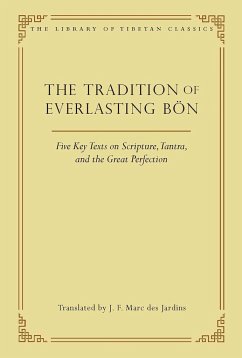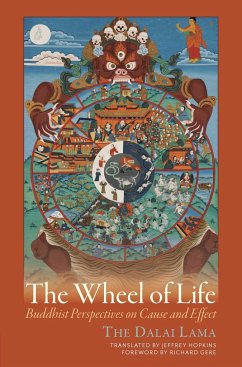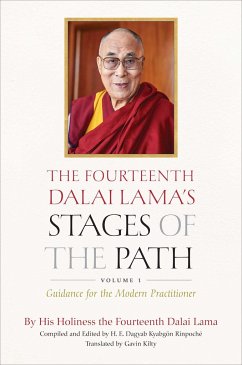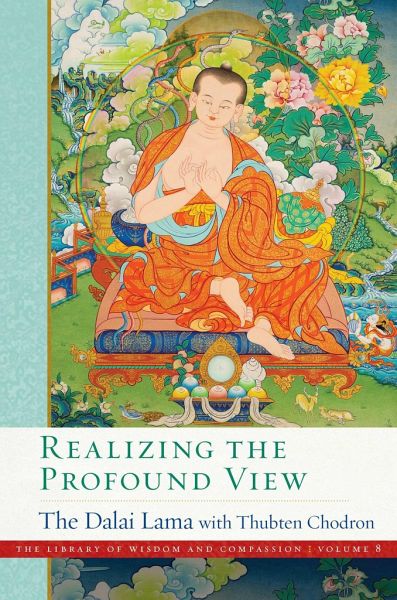
Realizing the Profound View

PAYBACK Punkte
19 °P sammeln!
"This second of three volumes on emptiness presents the analysis and meditations necessary to realize emptiness by forcefully and completely negating inherent existence. With attention to Candrakåirti's seven-point examination, Nåagåarjuna's five-point analysis, and Påali såutras, we investigate who or what is the person and if there is an inherently existent I, thereby gaining clarity on two diverse meanings of "self": the person and inherent existence. Not finding the person under ultimate analysis, and having negated inherent existence, it is equally important to establish what does ex...
"This second of three volumes on emptiness presents the analysis and meditations necessary to realize emptiness by forcefully and completely negating inherent existence. With attention to Candrakåirti's seven-point examination, Nåagåarjuna's five-point analysis, and Påali såutras, we investigate who or what is the person and if there is an inherently existent I, thereby gaining clarity on two diverse meanings of "self": the person and inherent existence. Not finding the person under ultimate analysis, and having negated inherent existence, it is equally important to establish what does exist-illusion-like dependent arisings-for it is the dependently existing person that carries the karmic seeds from one lifetime to the next. And so we learn the three levels of related dependent arising as noted by Tsongkhapa, as well as His Holiness's way of delineating them, his spectacular explanation of how, for a person who has realized emptiness, emptiness dawns as the meaning of dependent arising, and dependent arising dawns as the meaning of emptiness, which is the culmination of the correct view according to the Pråasaçngika Måadhyamaka tradition"--





